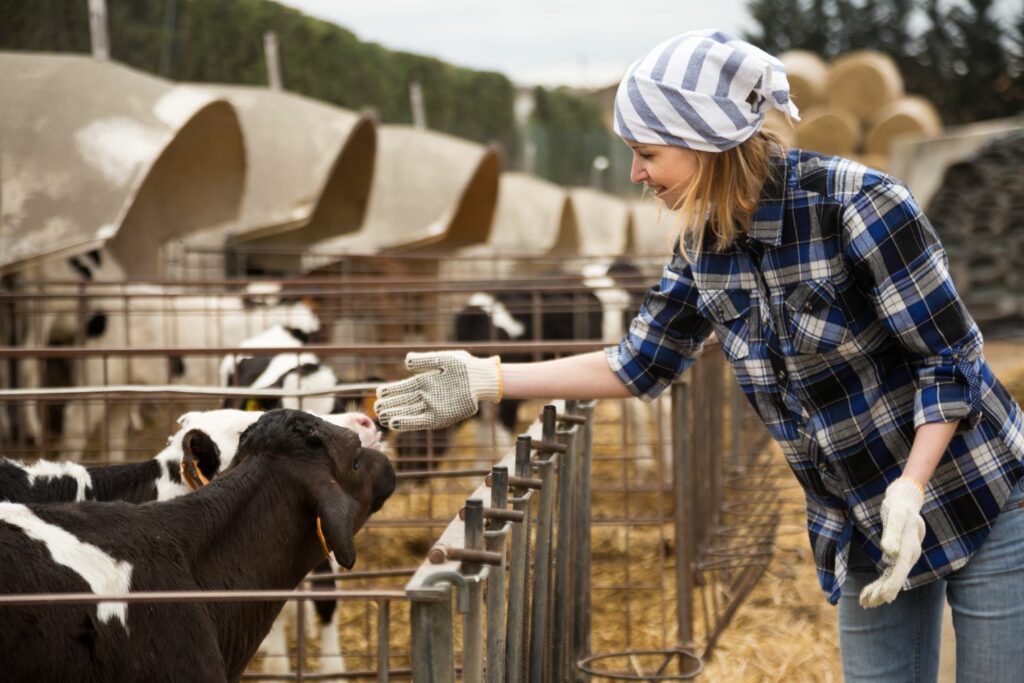Psychologist shares communication tools to retain and motivate farm staff
7th October 2022
Esteemed psychologist Dr Hannah Vickery shared her top tips for improving communication on farm to keep staff motivated and increase productivity at this year’s Women in Dairy Conference in Worcestershire.
Effective staff communication will be more important than ever as farmers transition out of the Basic Payment Scheme (BPS). However, this can often be difficult to achieve due to the small teams that usually work on farms, pressured workloads, and employees who have been around for a long time.
According to Dr Vickery, the solution is not to control the staff, but to control the communication and influence the ‘workplace culture, which will be important throughout the agricultural transition period.
“Workplace culture is created by the farmer but is sustained by the team. Power all your staff to influence the workplace culture,” she explained.
Dr Vickery recommends asking the staff to come up with ideas to make work better. She said motivating staff to take initiative involves:
- Clear instructions and rationale
- Demonstrating how to do things
- Having a position of authority
- Being likeable
- Encouragement and positive reinforcement, which are often the first things to disappear under pressure – “You can never give enough praise”
- Compassion
- Constructive criticism focusing on improvement – this involves telling the employee what ‘right’ looks like.
Dr Vickery said constructive criticism should always start with praise, with ‘and’ used to point out the area of improvement. An example would be, “What you’re doing is great and I think you need to do this as well.”
In order to keep the team motivated, Dr Vickery said employers must understand where an individual’s personal motivation comes from.
“Understand that people’s extrinsic motivations (external motivations) change with age. For example, younger people are more motivated by financial rewards, but with an ageing industry, it’s important to think outside of the money box,” she suggested.
When it comes to giving feedback, Dr Vickery recommends encouraging self-reflection by asking the staff how they think they are doing. Employers should then compare and contrast these reflections with their feedback.
“Use the words ‘we’ and ‘us’ a lot as well as how and why questions to try and keep things positive,” she said. “Also, do not use the words ‘but’ or ‘however’ and instead use ‘and’. ”
The ‘Fact, Feel and Want’ principle
Lastly, Dr Vickery also suggested employers use the ‘Fact, Feel and Want’ principle, which she claimed to be “one of the best communication tools in the world”.
The principle helps employers be more assertive and involves stating a fact, followed by how that action made employers feel and what they want the person to do. To illustrate its use, Dr Vickery used the example of an employee being consistently late:
“On four mornings last week, I didn’t see you before 5.30am. I’m feeling concerned (about you and for others). I would like it if you could prioritise getting here at 5am every day next week.”
This year’s annual Women in Dairy Conference took place in Worcester and was focused on the theme of ‘motivation for change’.


